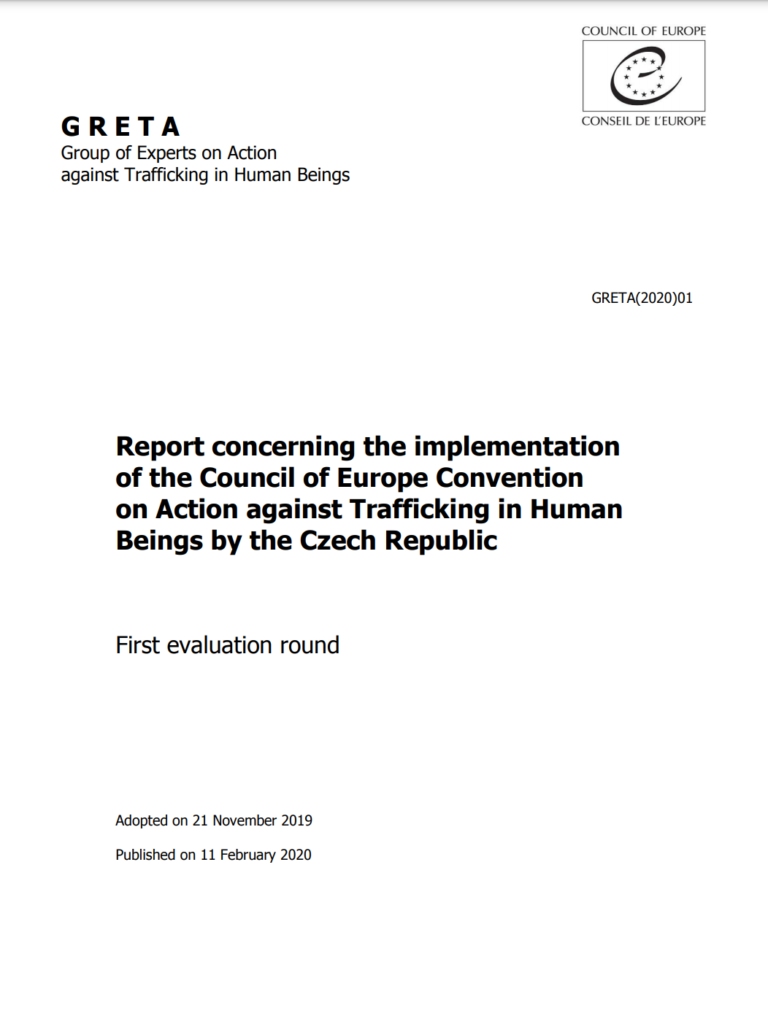Forced Labour Risk in Japan’s Technical Intern Training Program: Exploration of Indicators among Chinese Trainees Seeking Remedy
PublicationsA TITP trainee on a construction site was asked to be a scaffolder without safety training, suffered serious injury and was forced to continue working through his recovery. A trainee at a waste recycling plant was assigned work using dangerous equipm...Read More

